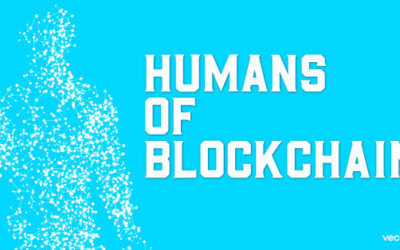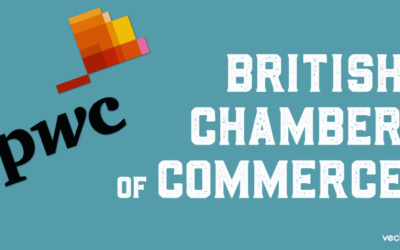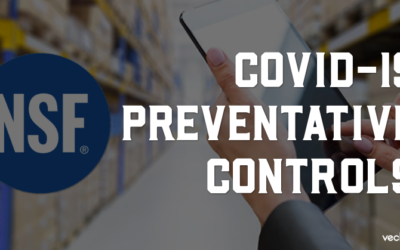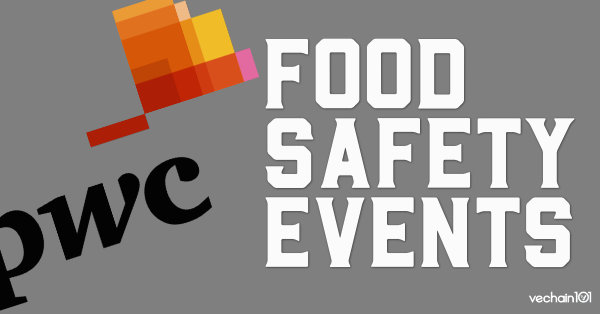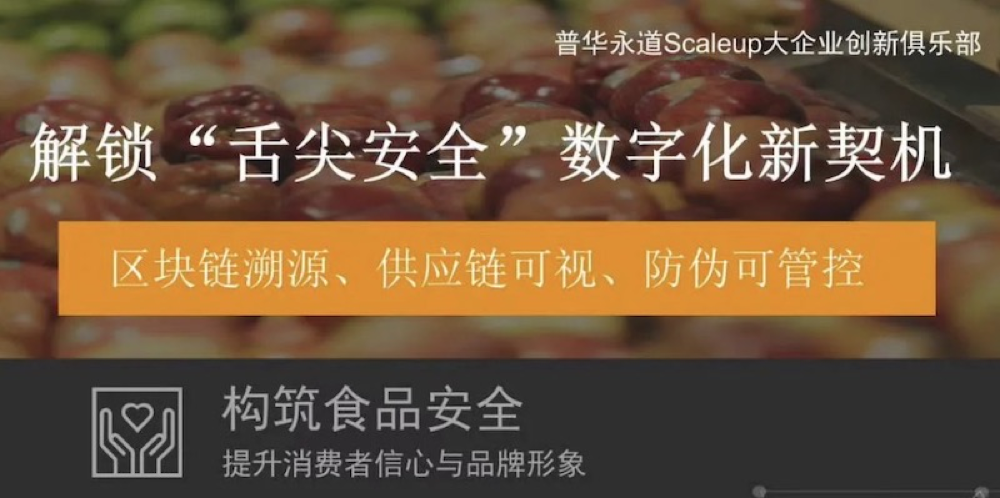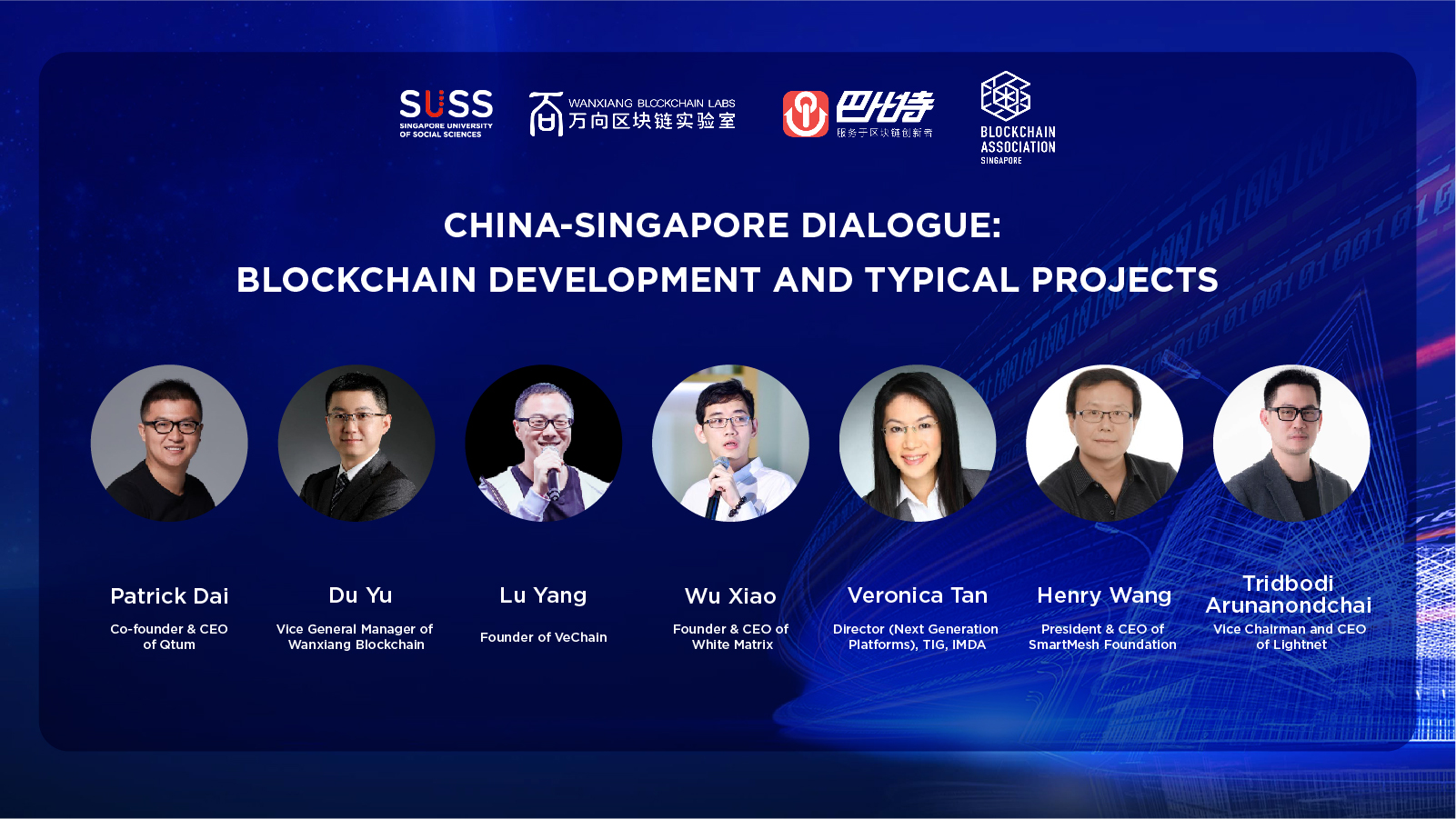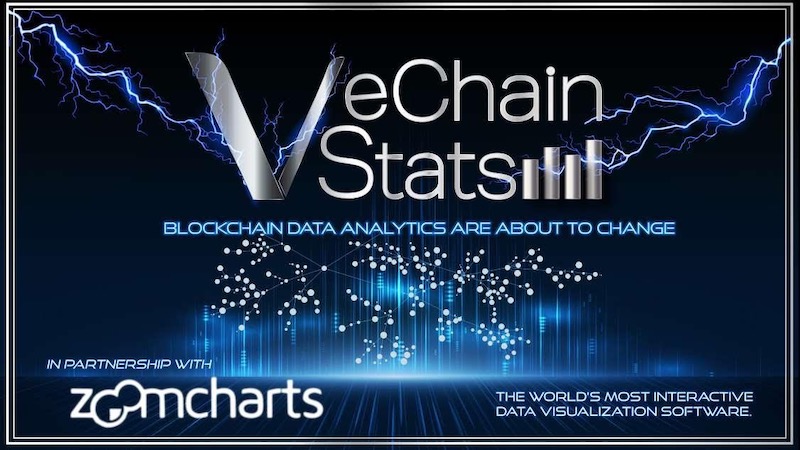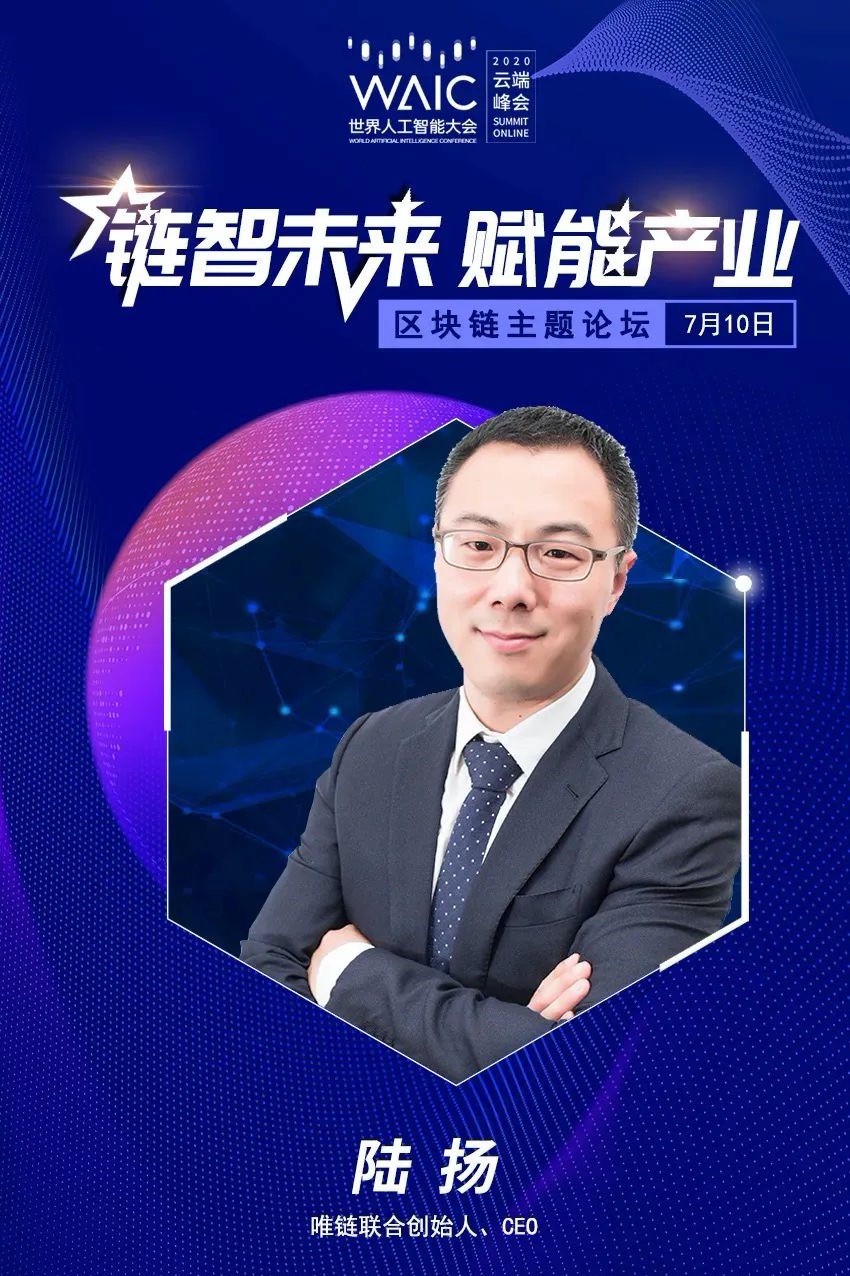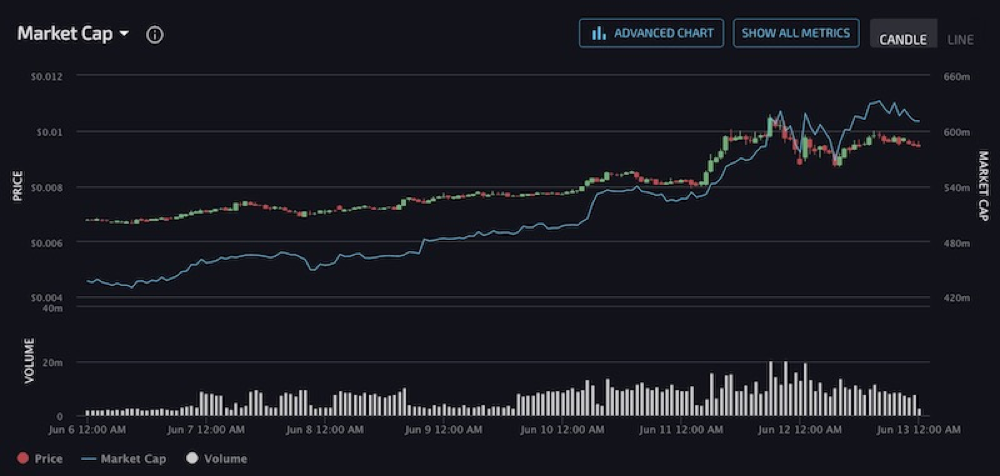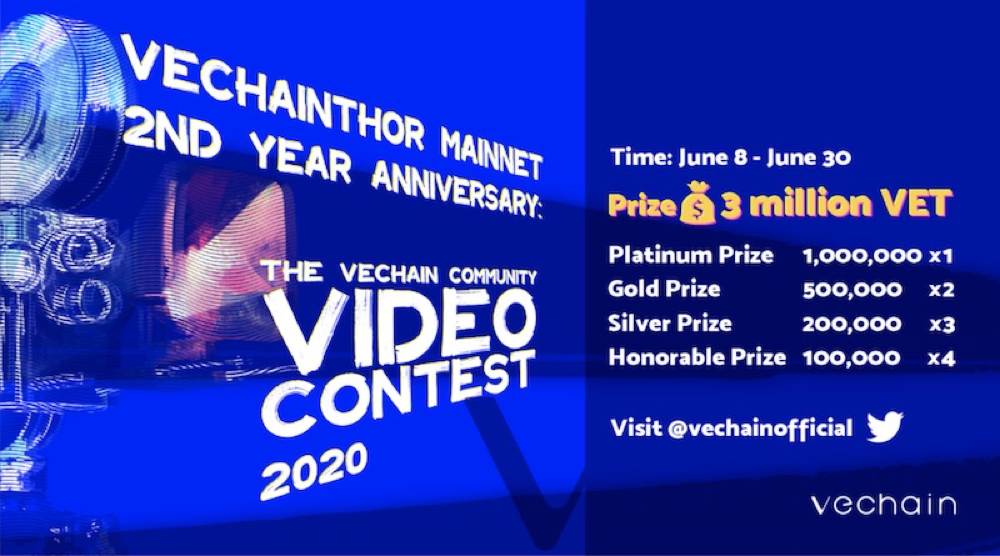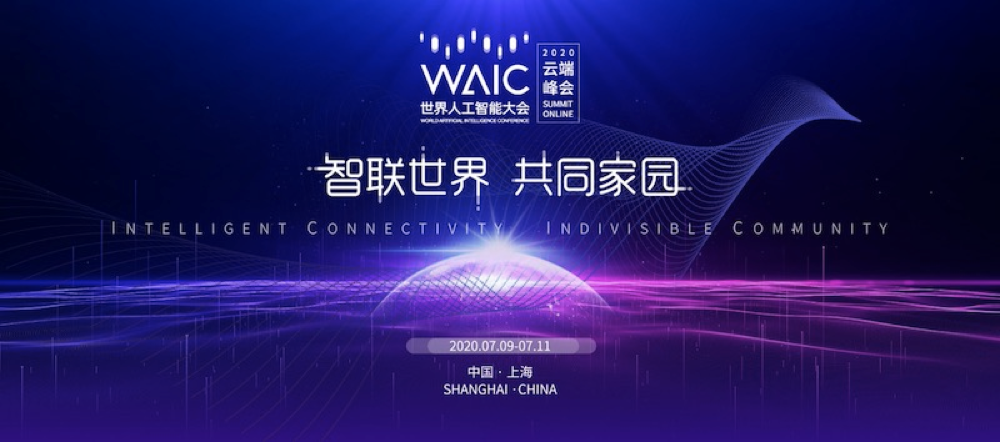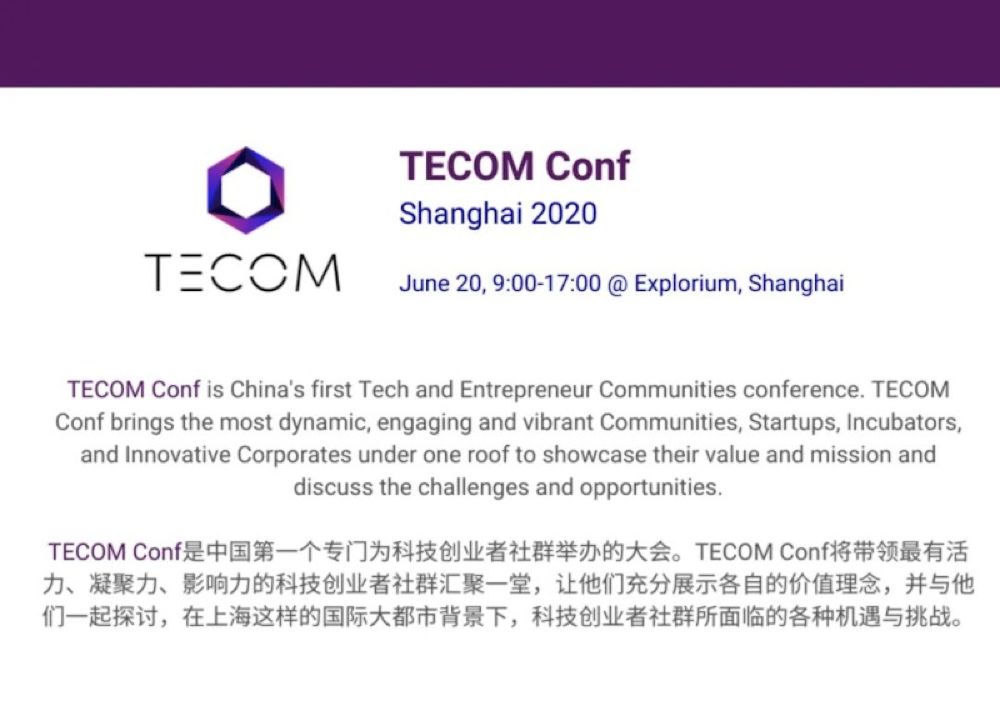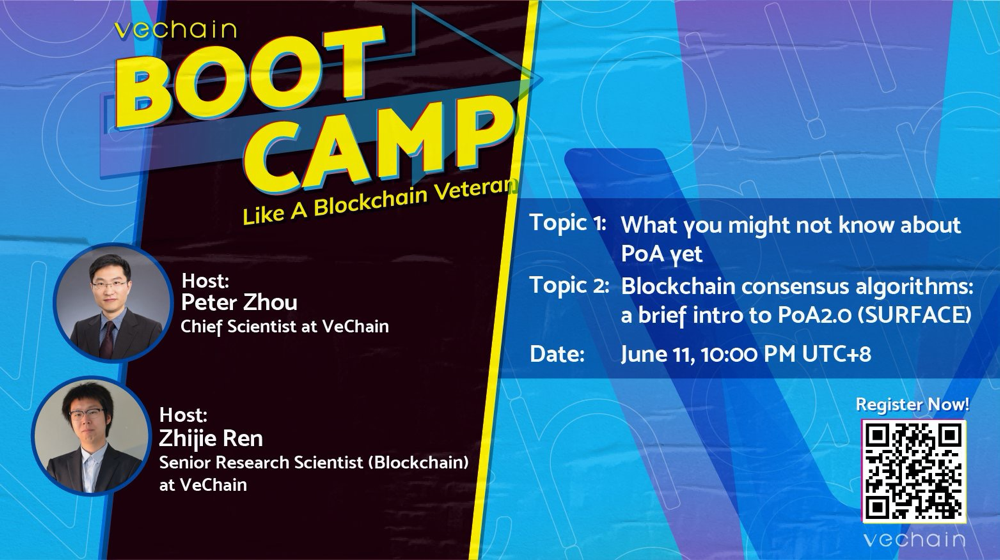
Recap: PwC and VeChain speak at British Chamber of Commerce Event in Shanghai
Tuesday, Sep. 1st – A special event at the Shanghai British Chamber of Commerce took place to introduce and inform their members about the benefits of blockchain in commerical applications. “Blockchain in China: Applications and Opportunities” featured VeChain CEO Sunny Lu and PwC Partner CY Cheung, who specializes in cyber security and innovation. This was a unique chance to see VeChain side by side with one of their top channel partners, a Big Four auditing firm that worked with VeChain on their partnership with Walmart China.
Chun Yin Cheung (CY) is a Partner in Risk Assurance practice based in Shanghai with over 16 years of experience, including five years in Hong Kong. CY is a major Blockchain technology driver in PwC, who pioneered a series of innovative Blockchain services. He specialises in Fintech, Blockchain, and cyber security advisory, IT regulatory compliance and consulting, IT systems risk management, information security & privacy risk management, COBIT, ITIL, ISO27001, business process & IT system controls assurance, IT and operational due diligence review and PKI/CA advisory. He also has extensive experience working with regulatory authorities, including HKMA and CBRC, to financial services clients for compliance reporting and consulting.
Sunny kicked off the discussions by introducing the value blockchain brings to businesses. He introduced a concept that would be referred to throughout the night, by explaining the various phases of blockchain adoption.
- Phase One – using the blockchain as a place to store raw data. This is the most basic form of implementation, but many people are stuck in the mindset that this is the extent of the value of blockchain.
- Phase Two – using the blockchain for data provenance. This organizes the data to create records that are traceable, giving it more value to users and businesses.
- Phase Three – using the blockchain for verification and auditing services. Third parties can access and verify the integrity of the data or the processes creating the data. This is an area that VeChain is working hard on with partners like DNV GL, NSF International, and PwC.
- Phase Four – using the blockchain for data analysis services. Companies will be able to improve their business intelligence and decision making based on verified and traceable data.
- Phase Five – New ecosystem users will join. This includes third parties such as insurance companies that can now offer improved services based on trustable data flows.
- Phase Six – New value monetization will be created. Just as internet users in the 90’s would find it impossible to imagine the potential of social media, streaming video, and p2p businesses like AirBnB and Uber, blockchain technology will create similar value drivers.
 Sunny noted that businesses need to consider all the phases before trying to determine whether blockchain was right for them. Many make the mistake of trying to determine the immediate or direct benefits of storing data on the blockchain, which is the wrong approach for a company trying to innovate and get ahead of the competition. Both CY and Sunny noted that the key value comes from phases 3 and 4, which they believe leading companies were very close to reaching before COVID-19 forced teams to focus on core business processes and put innovation projects on hold. It’s not simply about storing data, it’s about unlocking the value in trustable data so that it can be used in other processes.
Sunny noted that businesses need to consider all the phases before trying to determine whether blockchain was right for them. Many make the mistake of trying to determine the immediate or direct benefits of storing data on the blockchain, which is the wrong approach for a company trying to innovate and get ahead of the competition. Both CY and Sunny noted that the key value comes from phases 3 and 4, which they believe leading companies were very close to reaching before COVID-19 forced teams to focus on core business processes and put innovation projects on hold. It’s not simply about storing data, it’s about unlocking the value in trustable data so that it can be used in other processes.
Sunny then shared three common use cases that VeChain had successfully implemented with food traceability, COVID-19 infection prevention certification, and sustainable fashion. This gave the audience (various representatives and owners of companies from around Shanghai) a chance to visualize how blockchain can be implemented in the real world.
From a VeChain perspective, the most compelling talking point was observing the relationship between CY and Sunny. CY was visibly agreeing with many points Sunny made during the presentation, particularly regarding the need for blockchain implementation to be a business decision rather than a technical one. This is a reminder that having blockchain technology alone can’t satisfy the needs of commercial businesses regardless of speed, scalability, or efficiency. They were adamant to point out that blockchain was simply the bottom layer of a stack that included tools, services, and other features, one of the main selling points that makes VeChain’s ToolChain so appealing to clients.
CY talked about a number of interactions he’d had with clients over the years, explaining how manufacturers were progressively looking for ways to harness more data from their supply chains and customer demographics. These manufacturers are looking to compete with massive eCommerce platforms like Amazon and Alibaba, who have unlimited opportunities to collect data, analyze it, and learn from their sales performance. Manufacturers are on the outside, as their data dries up once it reaches the retailer. Public blockchain offers a solution, as multiple parties can share data and even collect data from consumers who interact with IoT chips and QR codes. This is an important issue that many businesses fail to consider when calculating the economic feasibility of blockchain implementation, especially as businesses rely more and more towards big data analysis and AI.
CY told a number of anecdotes about client needs that he routinely encounters. He mentioned an example use case of how electric vehicle battery producers were now facing increased regulation as the first lithium batteries on the market are reaching End-of-Life (they degrade after a few years of steady use). This creates a bigger need to track which batteries are eligible for upgrades based on charge cycles, and also traces the recycling process to meet potential regulatory policies. These policies are still being laid out in different jurisdictions, creating a lot of uncertainty. Blockchain can help with this by providing an auditable record for manufacturers, insurance companies, government agencies, and consumers to share. This is where private chains like Hyperledger fail in design as their closed off nature isn’t accessible by third parties and external users.
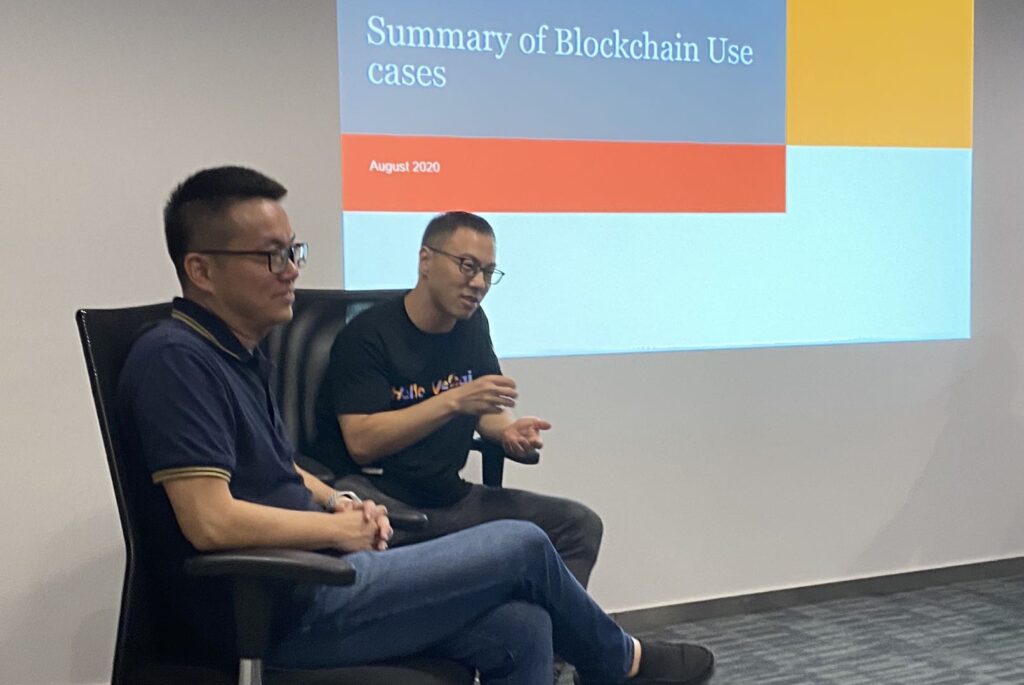
During the Q&A session, CY and Sunny shared a joke about the progress of a number of projects, including China’s DCEP
Finally, CY noted that any delays in implementation are no longer a technology issue, but a societal or political one. Blockchain and IoT are now at the point where many processes can be automated, giving data even more integrity. Still, another major barrier to adoption is the lack of user education. If users don’t understand the benefits of blockchain immutability, they will fail to see the value in a blockchain solution. This needs to change before less imaginative businesses will be motivated to adapt and implement higher standards of traceability and transparency.




